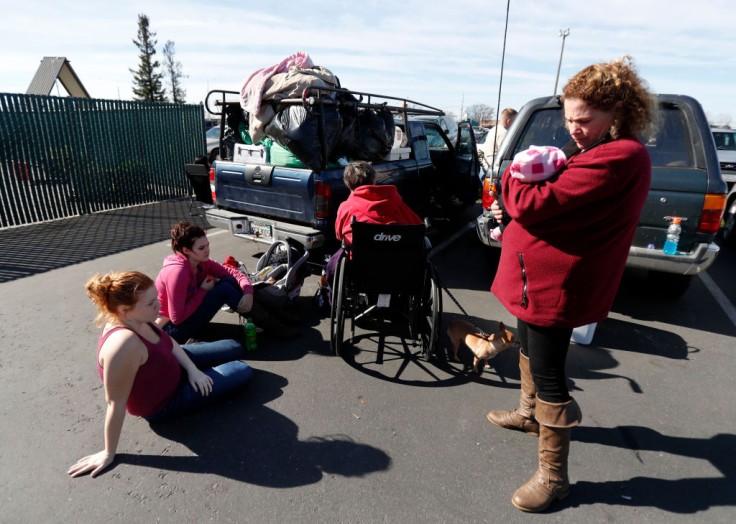
More than 100 million people in America, including 41 percent of adults, are affected by a health care system that has pushed patients to enormous medical debts, a study by Kaiser Health News (KHN) and National Public Radio (NPR) shows. Much of patients' debt is hidden as credit card balances, loans from family, or payment plans to hospitals and other medical providers.
The debt burden is forcing families to substantially cut their spending on food and other essentials, while millions are driven from their homes or into bankruptcy, the study revealed.
Researchers did a nationwide poll to capture patient bills and other borrowings that the family used to pay for health care. The study also assessed the extent of the burden on American families affected by the burden of medical debts.
The study also involved hundreds of interviews with patients, physicians, health industry leaders, consumer advocates, and researchers, NPR reports.
Horror medical stories
A young father in Arizona, Ariane Buck, could not make an appointment with his doctor for a dangerous intestinal infection because he still has an outstanding bill. He was forced to go to a hospital emergency room but still had thousands of dollars in medical bills. The family had more debts when his wife had an ovarian cyst and had to be rushed to an emergency room.
Now, they have around $50,000 in medical debts. He admitted that the family had to cut down on everything. The kids had to wear hand-me-downs, scrimp on school supplies, and rely on family for Christmas gifts. The couple is also filing for bankruptcy.
Allyson Ward and her husband accumulated around $80,000 in debt after the premature birth of their twins. They loaded their credit cards, borrowed from relatives, and delayed paying student loans to pay for the debt. Ward, a nurse, had to work extra shifts, working nights and days. She said she wanted to be a mom, but they did not have the money. They had to move their family across the country to be closer to the family for help in caring for the twins while the parents worked.
These are some of the 100 million people in America who are facing substantial amounts of medical debt.
Read Also: What's for Lunch in French Daycare Centers
The burden of medical debt
As per Urban Institute Analysis, medical debt prevents families from saving for retirement, investing in their children's education, getting loans for college, or buying a home.
The study also revealed that one in seven people with debt report that they or their family members have been denied access to a hospital, doctor, or other providers because of the unpaid bill.
Two-thirds of the respondents said they or their family members put off medical care because of the cost.
Hospitals have turned to collection companies to collect patient debts for them. These collection companies call the patients all hours of the day, stressing the patients out.
Medical debt has become the most common form of debt on consumer credit records. The study also says that it accounts for 58 percent of obligations recorded last year as patients do not have the cash to pay medical bills, KFF says.
Related Article: Woman Shares How Moms Get Postpartum Support in India